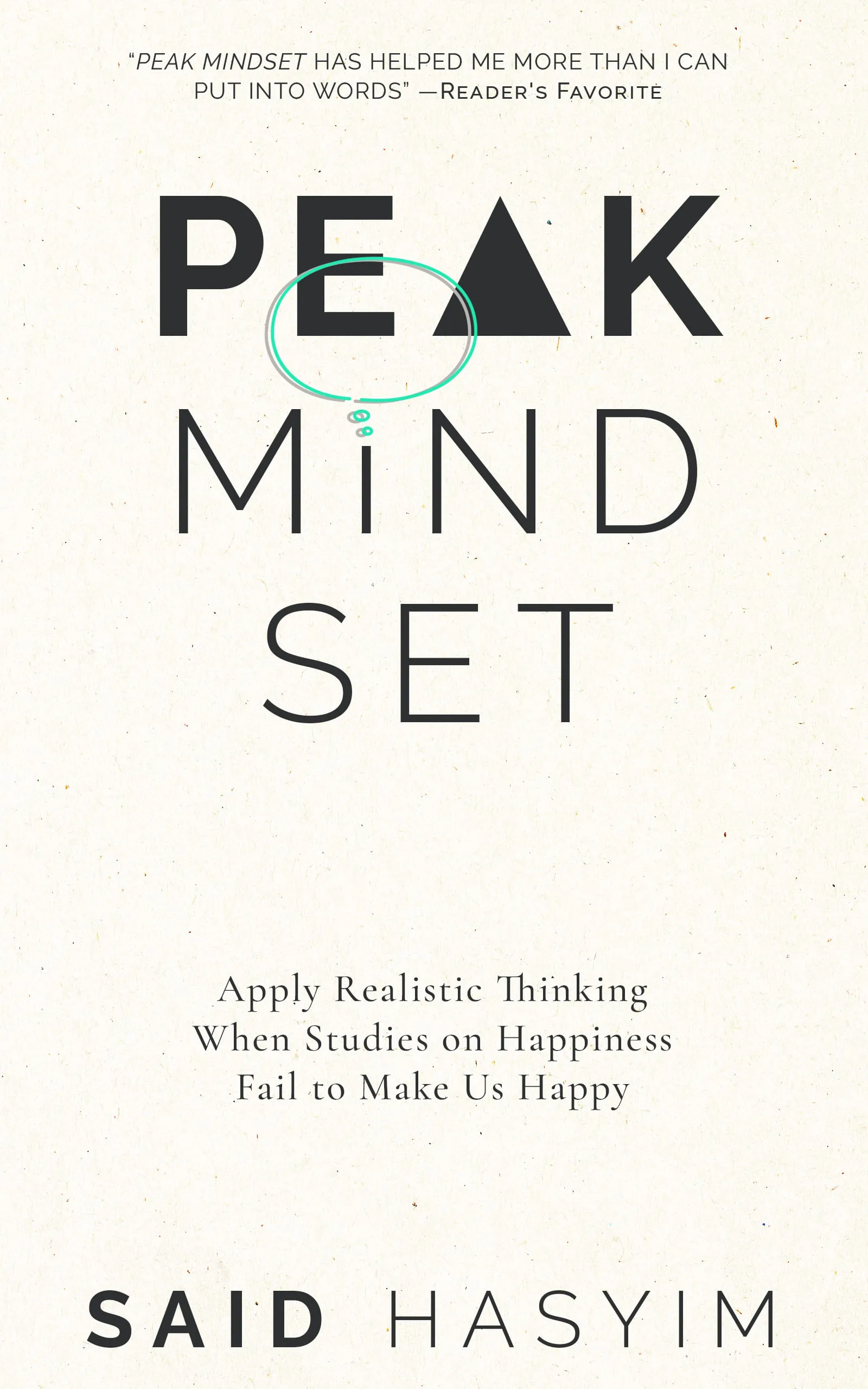Enhancing Relationships with Realistic Communication
In today’s fast-paced world, where digital interactions often replace face-to-face conversations, the quality of our communication can significantly impact our relationships. Effective communication is the bedrock of any strong relationship, be it with friends, family, or romantic partners. Understanding how to communicate realistically and effectively can deepen connections, foster trust, and enhance overall relationship satisfaction. This blog post delves into various aspects of realistic communication and provides tips on how to nurture your relationships through improved dialogue.
Understanding Realistic Communication
Realistic communication involves conveying thoughts and emotions honestly while remaining considerate of the feelings and perspectives of others. It includes:
- Clarity: Being clear about your thoughts and feelings without ambiguity.
- Integrity: Staying true to your values and beliefs while communicating.
- Empathy: Understanding and being responsive to the emotions and viewpoints of others.
When we communicate realistically, we do not merely exchange words; we build connections that facilitate understanding and collaboration.
Why Realistic Communication Matters
Builds Trust: Honest and clear communication lays the groundwork for trust. When people feel they can rely on you to be truthful, they are more likely to open up, creating a safe space for both parties.
Reduces Misunderstandings: Many conflicts stem from miscommunication. Realistic communication minimizes the chances of misunderstandings by promoting clarity and ensuring messages are understood in their intended context.
Encourages Vulnerability: When you express your true thoughts and feelings, it encourages others to do the same, strengthening the emotional connection between individuals.
Fosters Resolution: Realistic communication invites constructive dialogue, making it easier to address conflicts and find solutions together.
Tips for Enhancing Relationships through Realistic Communication
1. Practice Active Listening
Effective communication is as much about listening as it is about talking. Active listening involves fully concentrating on what the other person is saying, rather than merely waiting for your turn to speak. Here are a few strategies to improve your active listening skills:
- Maintain Eye Contact: This shows that you are engaged and interested.
- Avoid Interrupting: Let the speaker finish their thoughts before you respond.
- Paraphrase and Reflect: Summarizing what you’ve heard can clarify understanding and signal that you value their input.
2. Express Yourself Honestly
Sharing your thoughts and feelings authentically can be daunting but is crucial for realistic communication. Consider the following:
- Use “I” Statements: Instead of saying “You never listen to me,” try, “I feel unheard when you interrupt me.” This takes ownership of your feelings and reduces defensiveness in the listener.
- Be Specific: Avoid vague statements. Clearly articulate what you think and feel to minimize further confusion.
3. Cultivate Empathy
Empathy is key to enhancing communication. Being able to put yourself in someone else's shoes can drastically improve understanding. Here’s how you can cultivate empathy:
- Ask Open-Ended Questions: Encourage dialogue by asking questions that require more than a yes or no answer. This invites deeper conversations.
- Validate Feelings: Acknowledge the emotions and perspectives of others, even if you don’t agree. Letting someone know that their feelings are valid can promote a sense of safety in discussing difficult topics.
4. Choose the Right Time and Place
The effectiveness of your communication can be greatly influenced by the environment in which it occurs. Here are some tips to ensure a conducive atmosphere:
- Find a Comfortable Setting: Discuss sensitive topics in a private and quiet environment where distractions are minimized.
- Be Mindful of Timing: Choose a moment when all parties are calm and open to communication. Avoid discussing important matters when emotions are running high.
5. Develop an Open Attitude
Encourage a two-way conversation by fostering openness. This means being receptive to feedback, differing opinions, and new ideas. Here’s how to nurture an open attitude:
- Encourage Questions: Allowing others to seek clarity can enhance mutual understanding.
- Be Respectful of Differences: Recognize that diversity in thoughts and feelings is not a threat but an opportunity for growth.
6. Set Realistic Expectations
Understanding that not every conversation will be perfect is essential. Relationships have their ups and downs. Setting realistic expectations can prevent disappointment. Consider these aspects:
- Embrace Imperfection: Accept that misunderstandings and disagreements can happen, and view them as opportunities for learning.
- Be Patient: Communication styles vary from person to person. Give yourself and others time to adjust and grow in this area.
7. Provide Constructive Feedback
When giving feedback, it's essential to approach the conversation with care. Constructive criticism can lead to growth without causing hurt. Here’s how to deliver feedback effectively:
- Focus on Behaviors, Not Personal Attributes: Instead of commenting on the individual’s character, address the specific behavior that needs adjustment.
- Encourage Positive Change: Frame your feedback in a way that emphasizes progress and improvement rather than criticism.
Conclusion
In conclusion, enhancing relationships through realistic communication is a continuous journey that requires commitment, patience, and practice. By prioritizing clarity, empathy, and openness, we can create an environment conducive to strong, trusting relationships. Remember, effective communication is not merely about speaking; it's about fostering connections that enable mutual understanding and growth. Over time, these skills will not only enrich your relationships but also improve your overall quality of life.
Start today by implementing one or two of these strategies in your daily interactions, and watch how your relationships evolve for the better. Happy communicating!
Leverage Your Mindset for a Fulfilling Life
Explore Peak Mindset, a book to leveraging your subconscious for a more fulfilling life. Gain insights into realistic thinking, money management, and stress resilience to make informed decisions. Discover pitfalls in conventional happiness advice and practical strategies for self-transformation. Unlock your potential and enhance your overall satisfaction.
